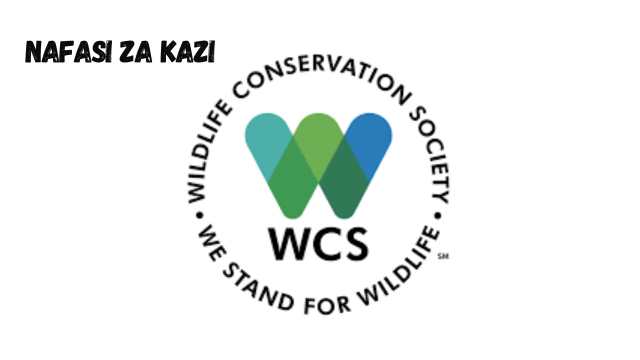Wildlife Conservation Society’s Vacancies January 2024, Since 2006, Tanzania has been part of the Wildlife Conservation Society’s unified national program, Wildlife Conservation Society’s Jobs which it began operating in 1956. WCS has completed a wide range of tasks, including education, research, monitoring, institutional and community assistance, training, and the establishment, expansion, and administration of important protected areas. Tanzania boasts exceptional natural resources and animals. Africa’s highest and lowest points—the summit of Mount Kilimanjaro and the bottom of Lake Tanganyika—are located here, as the continent is poised to embrace numerous vast biomes.
Wildlife Conservation Society’s Vacancies
Tanzania is regarded as one of the most biodiverse and resource-rich countries in Africa, despite being known for its unparalleled concentrations of huge herbivores. This is due to the incredible diversity of ecosystems, which ranges from coral reefs to montane forests. Tanzanian poverty, education, human and wildlife health, population growth, development pressures, governance, land use planning, and technical and financial competence are just a few of the numerous factors that have an impact on conservation in the country. Because sustainable development and the environment are inextricably linked, conservation efforts must balance the requirements of ecosystems and humans.
RECOMMENDED: Head of Software Engineering Jobs at NMB Bank
In order to directly profit from conservation, safeguard water and fuel supplies, and effectively handle human-animal conflicts, communities surrounding protected areas require assistance in managing natural resources. WCS creates community-based programs that support improved management of important species and habitats, so enhancing the integrity and survival of those species. WCS also assists governmental and non-governmental organizations around the country in managing and keeping an eye on important species and environments.
The WCS Tanzania Program, which has offices in Mbeya, Dar es Salaam, Tanga, and Zanzibar, employs more than fifty full-time Tanzanian employees and four foreign employees. There are four primary programs for land and sea.To obtain additional details regarding the announced job openings and the application process, kindly download the attached PDF document below.

Leave a Comment